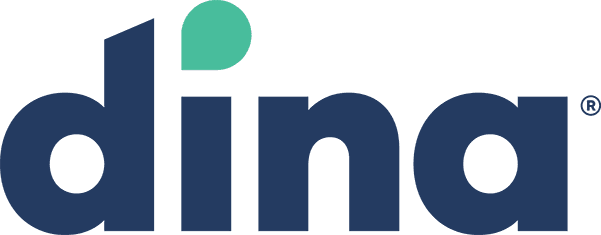With the burgeoning aging population in America, the number of people living with chronic and complex medical conditions continues to rise. A higher disease burden translates to an in increase in hospitalizations as these seniors are at greater risk of developing acute illnesses. But what happens after the hospital stay?
Often, the most debilitated people, those who are not sick enough to remain in the hospital but are too sick to be cared for reliably at home, are the ones who require care in skilled nursing facilities (SNF) before they can return home. In a healthcare environment where keeping patients out of the hospital can affect a facility’s financial reimbursement, SNFs must respond by providing services of the highest standards, while at the same time caring for the most vulnerable amongst us.
Similar to their hospital counterparts, SNFs continue to adapt to current policies, pushed by the requirements of value-based purchasing and other improvement programs that demand quality of care over quantity of care. High performing facilities receive incentive payments from the Center for Medicare and Medicaid Services based primarily on their ability to prevent hospital readmissions. With the public eye on SNF performance through sites such as Nursing Home Compare, SNFs must focus on understanding and analyzing their data to select the best care processes that lead to reductions in unplanned re-hospitalizations. Such efforts can lead to new channels of collaboration with hospital partners to ensure that readmission rates as well as overall costs per patient stay low.
The consolidation of stand-alone SNFs into larger organizations further necessitates the understanding of data when it comes to providing optimal skilled nursing care. The larger the structure of a company, the more important it is to collect, communicate, and utilize data. The sheer size and complexities of such organizations can allow for an occasional “slip through the cracks” and place the organization at greater risk for fraud and abuse. By adopting systems-wide processes and tracking overall outcomes through the use of data and technology, SNFs can ensure the safety and well-being of their patients and detect deviations from best practices. As multiple members of the care team work together to achieve the same goal of getting patients home safely and keeping them out of the hospital, technology can assist in tracking patients’ progress, alerting providers to potential readmission risks, and facilitating care coordination.
Using data and technology to optimize care: the role of Dina and DINA
The use of advanced healthcare technologies can guarantee safer outcomes for seniors in skilled nursing facilities. With Prepared Health, organizations not only have access to performance data but also to real-time care updates to ensure that a patient’s recovery is on track. Here are a few of the key features:
- Receive automated escalations and intervention alerts: By continuously scanning trends in a patient’s status, the platform ensures that providers receive updates when a patient’s risk or condition changes in any way. DINA’s AI-based technology detects and interprets patient data, providing alerts when critical interventions are needed, allowing SNF providers to take action before problems occur.
- Prevent fraud and abuse: Equipped with GPS Visit Verification, the platform records the time, date, location, as well as key clinical assessments from every visit made to a patient. This serves as a checkpoint to ensure timely care and deters attempts at fraud or abuse.
- Follow evidence-based recommendations: DINA utilizes a mix of historical and current patient data to predict potential injuries and re-hospitalizations while also providing evidence-based recommendations to prevent adverse events.
With a focus on keeping patients out of the hospital, skilled nursing facilities that have embraced healthcare technology are poised to become leaders in delivering high quality post-acute care that bridges the gap between hospital and home. Through the use of smart data and sophisticated AI-driven algorithms, Prepared Health can assist your organization to achieve its top performance status.




